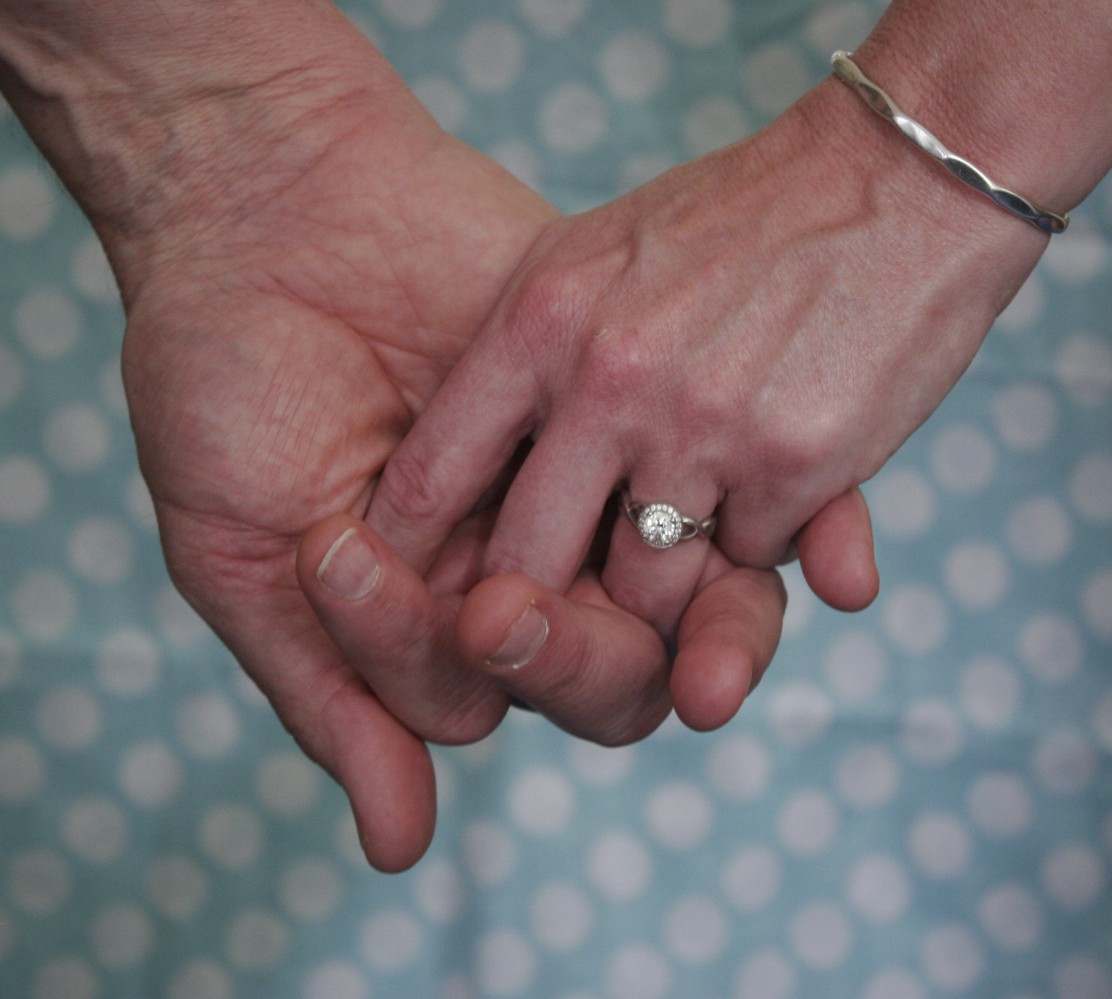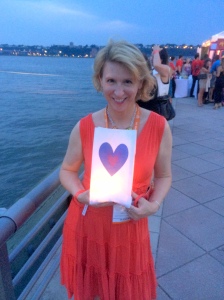
Photo by johnlund.com
Politically, my husband Steve and I have a mixed marriage: he has traditionally identified as right, conservative, Republican; I as left, liberal, Democrat. In a nigh-unto-election year, should either of us be persuaded by the political media machine that urges us to adopt these broad labels as essential truths, we would likely spend the first year of our marriage in warring camps, chary adversaries if not flat-out enemies.
Thankfully, that’s not necessary, because—contrary to what politicians and the media (not to mention your Facebook friends) would have you believe—the nexus of identity and political ideals is never quite that simple. Steve, for example, does not fit neatly into any ideological box. Fiscally, he’s conservative, but on social issues he stands somewhere between libertarian and liberal. He’s voted for Republicans, yes, but also Democrats and third-party candidates. He holds some distinctly right-wing views (he believes there is a liberal bias to most mainstream media) and some distinctly leftist ones (he supports gay marriage as a civil right). The best word to describe his overall stance is probably “moderate,” but it’s more accurate to say he defies categorization.
I, on the other hand, might actually be that simple. Every political-orientation quiz I’ve ever taken places me squarely in the liberal zone. According to The Political Compass, I’m left of the Dalai Lama.

Photo by johnlund.com
I’m not sure what quadrant Steve would land in, but I doubt his red dot would map anywhere near mine or Gandhi’s (I’m left of him, too). Such charts suggest that Steve and I share little common ground, but it doesn’t take much pushing past the categories to see we’re more alike than different. We both believe in the importance of free speech and the value of compassion. We both support the right of two consenting adults to marry, regardless of sex; we both think abortion must be safe and legal, and that if we want fewer abortions to occur, education and access to contraception are keys. We agree that coal companies have run roughshod over the planet; that investment in alternative energy is worthwhile; that corporate regulation is necessary (though I probably support more extensive regulation than Steve). We both feel that some of the biggest political problems stem from the system itself, that we desperately need campaign finance reform and term limits instituted for Congress. We both long for a reasonable third-party to come along and disrupt the poisonous binaries that threaten to close off conversation and rip our country apart.
Ideology as physiology: we see what we focus on. When we label one another with broad strokes and make assumptions based on those categories, categories often defined by promoters of fear and dissent, we see only our differences. When we reject easy labels, however, and open a real dialogue, we discover parallels, connections, nuances. We see that we share so much more than we don’t.
What is true in the microcosm of our mixed marriage is also true in the big wide world beyond. To wit: we can choose to look beyond the portraits-in-outline the media has painted in with fear and labeled “Syrian refugee.” We can look beyond the broad, crude brushstrokes that try to make “Muslim” look like “terrorist.” When we look more closely, when we invite and engage in genuine exchange, we see our shared humanity. We see parents seeking safety for their children. We see lovers holding hands and grasping for hope. We see devout believers praying for peace, people who doubt and dream. We see laughter, tears, suffering, celebration. We see love.
We see that what we share is so much greater, so much more powerful, than our differences.

Syrian refugee children — Jeff. J. Mitchell, Getty
It’s easy to focus on differences. There are nights when I come home tired and weary, Steve comments on some item in the news, and I’m too quick to hear critique, dismissiveness, a threat to my sense of right and wrong. Other nights it’s Steve who leaps too fast to defense. It’s hard, so very hard sometimes not to leap, to fall to worrying our differences, gnawing and tearing at them like our dog Imoh does his Nylabone.
But we have a choice. We can cut our teeth on each other, or we can stop, step back from our defensive postures, and lean in to listen. It’s the difference between dinner served with a protracted political clash, or a pleasant if passionate conversation through which we learn something from and about one another.

